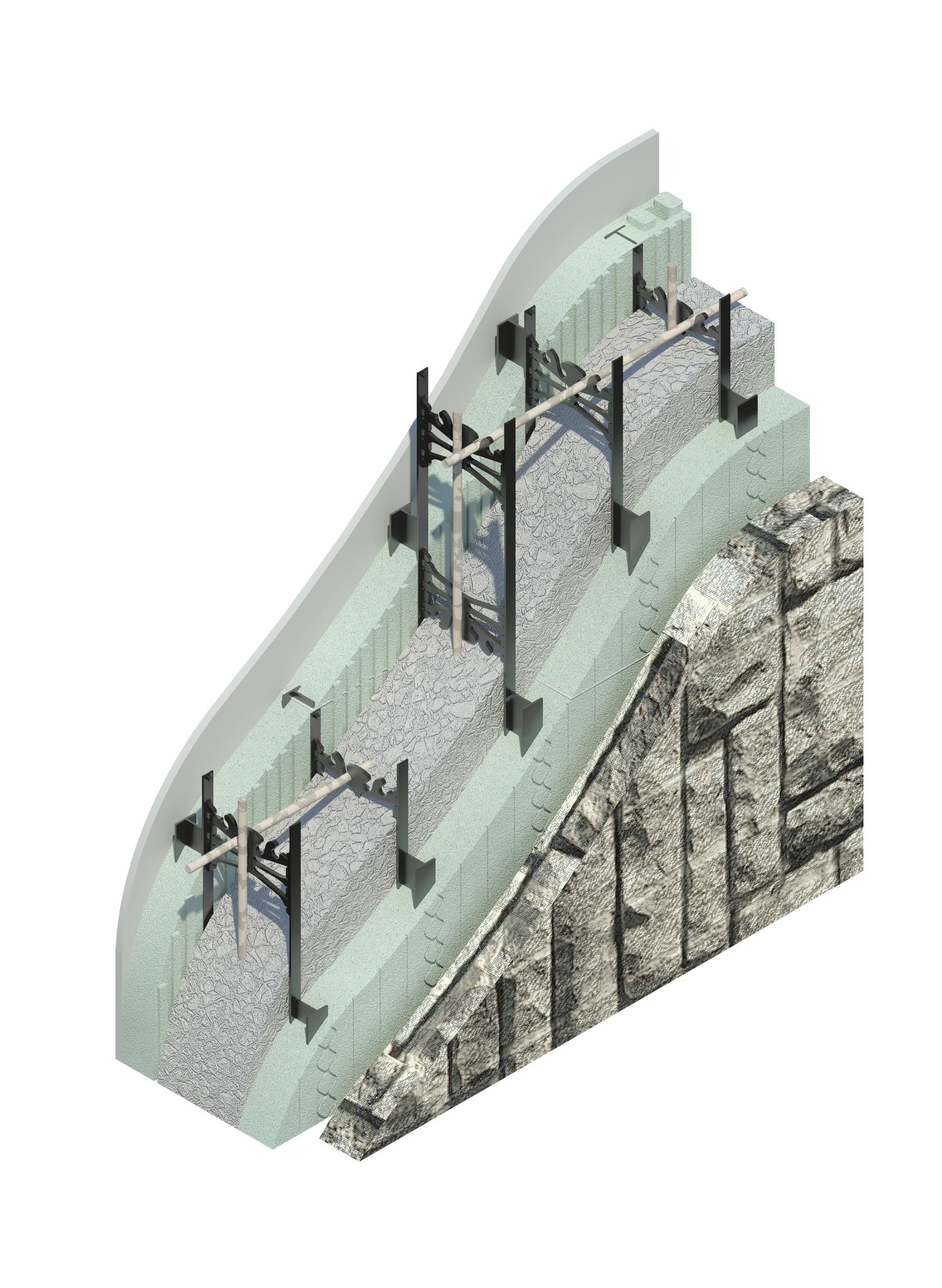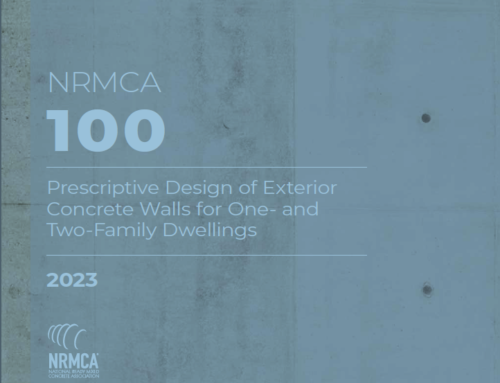
With the present generations’ increasing focus on saving planet earth, several key initiatives are being adopted to reduce our negative impact on the environment.
One of the leading movements today is the focus on sustainable development. The expression might sound complex, but in fact, simply applies to any kind of development that meets today’s needs without compromising those of tomorrow.
In that spirit, construction with Insulated Concrete Forms – commonly referred to as ICF – follows the principles of sustainability to promote a better quality of life for present and future generations. ICF constructed buildings are sustainable, qualify for LEED certifications, and allow architects and engineers to come up with longer-lasting structures that use up less natural resources. In other words, ICF is synonymous with ecological efficiency.
ICFs help reduce waste and emissions
Not only do NUDURA ICFs allow for less waste and wastage on any given construction site, said Rector, but they also make for waste that is 100 percent recyclable. Indeed, the blocks require fewer natural resources such as gas, electricity, and wood. ICFs can generate as little as just 1 percent construction waste, and given they are produced without any CFC’s, HCFC’s, or chemicals, the blocks considerably cut down air pollution or land filling induced methane emissions.
ICFs are energy efficient and offer high performance
A compelling aspect of ICF walls is they propose a “6-in-1” formula. Insulated Concrete Forms indeed simultaneously provide a form system, structural strength, insulation, vapor barrier, sound barrier, and attachment for sheet rock and exterior finishes in one simple step. Rector added that “a building using ICF is guaranteed to minimize maintenance and repair, lower energy consumption and operating costs, and function brilliantly in adverse conditions.”
Insulated Concrete Forms provide safe and resilient structures
ICFs boast the qualities of being very durable and extremely resilient in case of adverse conditions. For example, Insulated concrete forms offer protections against fires, earthquakes, severe storms, tornadoes, and flooding.
Government-led public institutions, private programs, and National Building Codes are all supporting and recognizing disaster resilient building design and continuous thermal insulation – both of which have changed from traditional construction methodologies to providing green buildings with measurable results.
ICFs deliver on all those agencies’ criteria in terms of constructions requirements. Indeed, it can be said that ICF construction contributes to building safer communities through sustainable construction and providing a healthier way of life for years to come. More information is available at www.nudura.com.












